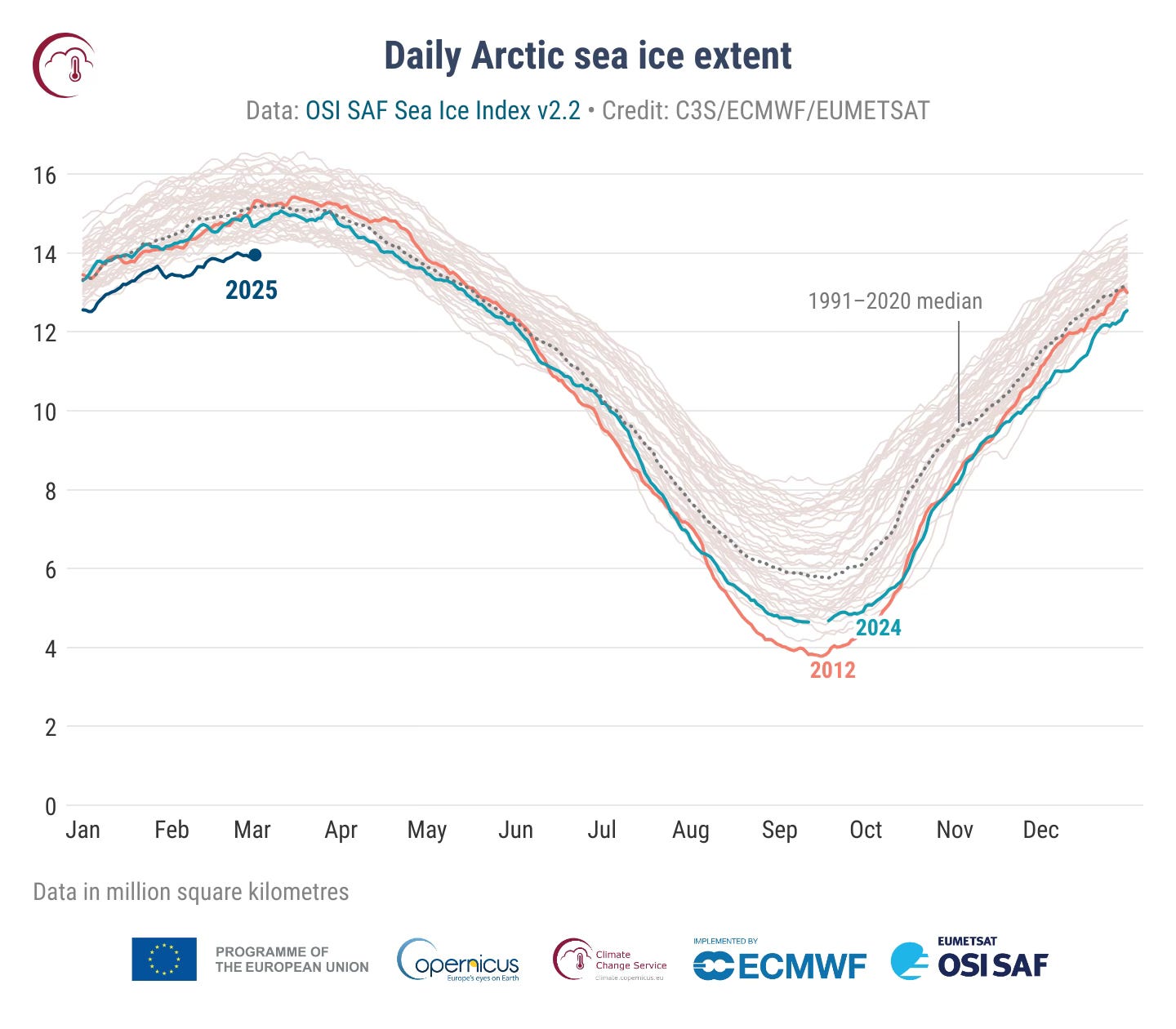In Africa, We Don’t Sleep Enough—And That's a Problem
A recent global study on sleep piqued my interest in writing about this subject because it revealed that people in small non-industrial countries, where the Africa fall, sleep less.
IMAGE CREDIT: CHATGPT
Over the past few weeks, I have been experiencing poor sleep—let me not mention why. However, what has surprised me most is how little sleep some people get.
Africa is one of the continents where people don’t get enough sleep. A recent paper, published last month in Proceedings of the Royal Society B, analysed multiple sleep studies and found that people in small, non-industrialized countries sleep less than those in industrialized nations. That is where Africa belongs.
"Non-industrial populations tend to manifest lower sleep durations, while larger-scale populations exhibit sleep durations that exceed prediction," the authors noted. "Sleep efficiency was substantially greater among industrial populations, with a mean difference of 14% between the two groups," they added.
Sleep deprivation across Africa
Studies across Africa highlight how little some populations sleep:
The San of South Africa sleep an average of 6.66 hours.
The Hadza of Tanzania sleep 6.22 hours.
The BaYaka of the Central African Republic sleep 5.94 hours.
The Himba of Namibia sleep just 5.47 hours.
Even more concerning, a study conducted in two Ugandan secondary schools, published last month, found that 10% of students screened positive for moderate or severe insomnia. Girls (13%) were more affected than boys (6%). Boarding school students had significantly shorter sleep durations, averaging 4.2 hours on school nights compared to 6.3 hours for day students.
A human being should sleep at least 7 hours per night, and sleep is vital for overall health.
Sleep is more than just rest
You may think sleep is just for resting, but a lot happens while the body is asleep. Dr. David Nodir, head of the Medical and Research Department at Natural Products, South Africa, explained in a 2022 podcast that sleep plays a crucial role in bodily functions.
"Certain hormones, like growth hormones, are produced mainly during sleep. Growth hormone is essential not just for child growth but for cellular repair," he said.
When body cells die or suffer inflammation and damage, growth hormone helps repair them, counteracting daily wear and tear.
Additionally, sleep is crucial for memory processing, allowing the brain to store and recall information. It also plays a role in detoxification.
"The liver is most active from midnight to around 3 A.M., when your body is at rest and blood pressure is lower, allowing it to clean the blood," Dr. Nodir explained.
Thus, disrupted sleep—whether due to late nights, shift work, or frequent interruptions—can interfere with detoxification, which has been linked to various illnesses.
Sleep also helps regulate emotions. Catherine de Lange, an editor at New Scientist, said in a podcast last month. “Sleep helps us process our emotions.”
Climate change and sleep
In Africa, research on how climate change affects sleep remains scarce. However, existing studies provide some insight.
For decades, Alain G.C. Buguet conducted observational studies in different African regions. In hot, dry areas like Niger (Sahel region), he found that heat altered sleep patterns.
During the hottest months—when temperatures reached 41°C during the day and 28°C at night—people experienced deeper sleep at night, helping their bodies recover from the heat.
As global temperatures rise, sleep will become even harder, especially in already hot regions across Africa. While the body may attempt to adapt by sleeping deeper to cool down, extreme heat waves may overwhelm this mechanism, Buguet argues.
Other global studies, like those by Kelton Minor and colleagues, have confirmed the obvious:
Warmer temperatures reduce sleep, increasing the risk of sleep deprivation.
The elderly, women, and residents of lower-income countries are most affected.
People in hotter climates lose more sleep per degree of temperature rise.
Air pollution and sleep
Beyond climate change, air pollution also affects sleep quality and duration. Many African countries face serious air pollution problems.
"Air pollutants could be triggering poor sleep quality via the central respiratory control centre central nervous system, and allergic and non-allergic mechanisms," researchers wrote.
QUOTE OF THE WEEK
"Mpox was not well known among our communities and it can be very frightening because of the skin lesions patients can develop…some health workers were reluctant to administer the treatment for fear of infection or because of misdiagnoses such as scabies that were confusing,” says Dr Ange Larissa Nsabiyumva, a member of the rapid response team in the Matana health district in the southeast of the capital Bujumbura, on Burundi’s sustained effort in curbing Mpox outbreak.
CHART OF THE WEEK
While the Arctic is located more than 12,000km from Africa, its melting matters for the continent. At the end of January, the Arctic sea lost a massive amount of sea ice—the size of Italy—in less than a week, an unusual event since ice should be growing at this time of year. Throughout February, ice levels stayed at record lows, and by February 28, the Arctic had the smallest amount of ice ever recorded for this date. The Arctic matters for you and me because less ice means more heat absorption, leading to hotter temperatures, extreme weather, and rising sea levels, affecting the entire planet.
RESEARCH HIGHLIGHTS
While trust in scientists is low worldwide, Africa is an outlier. Africans trust science, according to a recent global study. Three African countries are among the top five places where scientists are most trusted. Most people in the 12 African countries included in the study believe that scientists should prioritize improving public health, solving energy problems, and reducing poverty – priorities that align with those of people in other parts of the world. [Viktoria Cologna and colleagues, Nature]
Early humans were a genius earlier than thought. Scientists have discovered that early humans living 1.5 million years ago in Olduvai Gorge, Tanzania, were already making bone tools in a careful and systematic way. They selected large animal bones, such as elephant bones, to create tools, demonstrating a clear understanding of how bones break and using precise techniques to shape their tools. This discovery challenges existing research, which suggests that complex bone tool-making began much later in history. [Ignacio de la Torre and colleagues, Nature]
Mending relations in Bonobos and Chimpanzees: According to data collected from African great ape sanctuaries, including the Lola ya Bonobo Sanctuary in the Democratic Republic of the Congo and the Chimfunshi Wildlife Orphanage Trust in Zambia, bonobos and chimpanzees—our close relatives—often use sexual behavior, such as genital contact, to handle stressful situations and promote cooperation. A study found that bonobos used genital contact more frequently than chimpanzees after conflicts, while both species displayed similar behavior before feeding. [Jake S. Brooker and colleagues, Royal Society Open Science]
—END—







Well penned Blanshe! This is indeed an eye opener.